Evaluating Effectiveness of Fish Stock Rebuilding Plans In the United States by Brian J. Rothschild and Kate Kramer
![]() Recently the National Research Council (“NRC”) published a report of a study about the effectiveness of fish stock rebuilding plans in the United States. A basic thrust of the report is that fishery management plans are administrated in a prescriptive and formulaic manner without regard to the scientific “facts.” The report suggests that a more flexible approach would result in more efficient management. The problems with the prescriptive and formulaic approach are exemplified in the reports discussion of the ten-year rebuilding mandate. It is clear that the drafters of the report are thinking of a scientific approach that is alternate to the current approach. We ask, does the approach advocated by the NRC of the National Academy of Science become the best science available? more@centerforsustainablefisheries
Recently the National Research Council (“NRC”) published a report of a study about the effectiveness of fish stock rebuilding plans in the United States. A basic thrust of the report is that fishery management plans are administrated in a prescriptive and formulaic manner without regard to the scientific “facts.” The report suggests that a more flexible approach would result in more efficient management. The problems with the prescriptive and formulaic approach are exemplified in the reports discussion of the ten-year rebuilding mandate. It is clear that the drafters of the report are thinking of a scientific approach that is alternate to the current approach. We ask, does the approach advocated by the NRC of the National Academy of Science become the best science available? more@centerforsustainablefisheries


































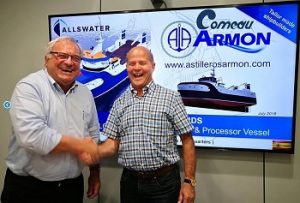
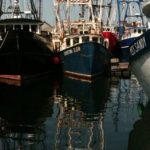
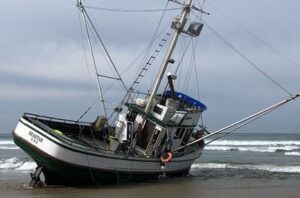

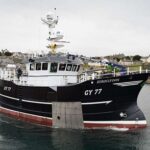
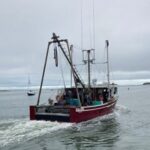
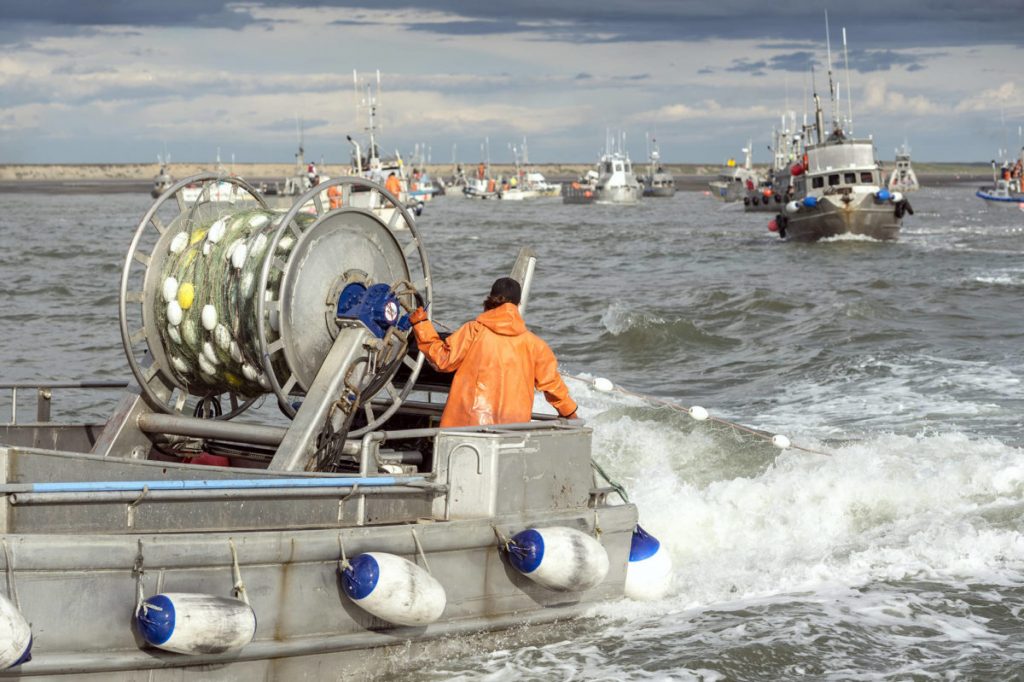

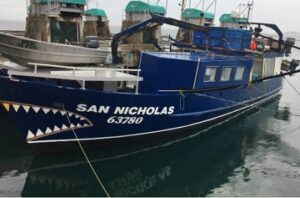



The premise that the NEFMC manages fish stocks by the ,”Best available science,” is sadly false. There are too many petro dollars (enviro-speech) being dumped on the political process for there to be any hope of that. Lawsuits, harrassment, e-mail campaigns, continually sumitted proposals and emergency action measures all being funded by the heirs of the Sun Oil Copany and their wealthy partners. How can the council be expected to serve the interests of fish harvesters and their communities and protect their jobs by conserving the fish stocks under those conditions?
As a herring fisherman I have that process to thank for a healthy over-abjndance of herring but even I know that over-abundance of starving forage fish is extremely detrimental to groundfish stocks. My little friends are feasting on juvenile groundfish and we see the little suckers in their bellies when we check them for feed. Thank you NEFMC (Too bad for the groundfishermen……if there are any left).
I cannot say I’ve followed these issues for as long as many others involved in the process of the regional council, or for that matter, the industry on a continuous basis, I can say, I’ve been very much in tune with these issues since 2009.
I never gave it much thought when I started following these issues, as Steve Murawski had declared in an AP article, over fishing in New England had ended, and Cod was expected to be fully recovered by 2014.
Ironically, that was not quite true as we now know. I think!
The confusion that followed was amazing. So were the explanations.
Everything from “We don’t really know”, “the previous assessment was overly aggressive, but wrong” and so on. It has been proved that all of the notions and excuses are incredible.
Listening to the Georges Bank Yellowtail Flounder Working Group Meeting May 23, 2012 galvanized the disconnect of the best available science based on the impromptu clarifications of Russ Brown.
Russ Brown, Deputy Science and Resource Director of the Northeast Regional Science Center gets invited to address Mr. Kendall’s questions by Dr. Chris Legualt. He was also the lead scientist for the ECO SYSTEM SURVEY BRANCH.
He goes on to say, ” The Center is conducting an ECO SYSTEM SURVEY.” “A multi specie survey that is not targeting any single specie, but the objectives of the group was to design a survey to sample a variety of habitats, a variety of species, a variety of sizes within those species, to really get a picture of what the eco system looks like.
“When you design a survey like that, there are a lot of trade offs you need to make in terms of spatially where you sample, the types of gear you’re using, etc.”
Laura Foley Ramsden of Foley Fish, and a NEFMC member asks if when the gear was designed if it was to take a snap shot of the eco system as a whole, rather than to specifically target yellow tail or cod? Yet the data is used to decide if there is enough of those fish in the ocean for management purposes. ” Is that what you’re saying,”, she asked?
She then exclaims following more bureaucratic bumbling, “Its sort of an Ah ha moment for me.”
Ramsden then states it’s no wonder there is such a disconnect between what the science says, and what fishermen are seeing in the ocean.
I agree.
The meeting can be heard in its entirety, starting with audio 2. here
The next eye opening revelation was during the New England Fishery Management Council that began its three day meeting in Plymouth Ma on 9/25/2012.
During the public comment period, Peter Mullen, a mid-water herring boat owner asked about something I’ve brought up a number of times after reading an article written by Gloucester’s Carmine Gorga, PhD. He brought up the predator/prey issues that apparently, from the answer Mr Mullen received, have not been considered by the scientist trying to figure out fishery issues like cod and yellow tail.
“The relationship is this. The larvae of the bottom fish need to go to the surface of the ocean in order to obtain food – plankton – and light. While they go up, they become a feast for the pelagic. When those larvae that survive become codling, they want to go back to their friends and relatives. While they descend to their native habitat, they become a second feast for the pelagic.”
The reason why Peter Mullens question is so important is it scratches the surface of the inept marine science that is affecting the New England fishing industry, and the local economy’s that depend on the industry.
When the Science and Statistical Committee acknowledge they have not included the predatory relationship of herring and cod fish, just how many more are not being explored in the science of fishery management?
Listen to the public’s comments regarding the SSC’s report on ABC recommendations for herring stocks for fishing years 2013 through 2015.
There was no longer confusion in my mind regarding the best available science. It is poor, and incomplete.
Over the past few years, there has been a shift of fish seeking favorable conditions. This includes a Blue Crab caught in Gloucester, Black Sea Bass in the Gulf of Maine, and a huge migration of cod and haddock now being found in the Canadian Maritimes, and off the coast of Newfoundland, that were not there when we were optimistic in 2009 – 2010.
If your head were buried in the sand, you’d know nothing of it. If you paid attention to Canadian fishery issues, you’d realize that the anecdotal evidence of an old Newfie fisherman could tell you something that these people that are supposed to deliver the best available science can’t. He’s seeing cod fish unlike anything he’s seen in fifty years.